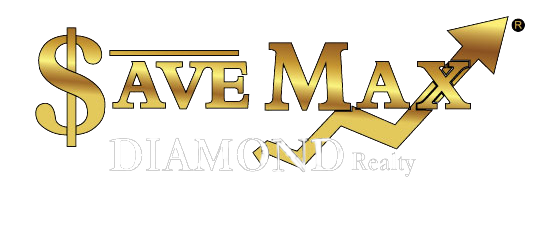1-Decide if the homeownership is right for you: Homeownership can be very exciting and is a very big decision but before buying a home, make sure you carefully consider the costs. You should also consider the pros and cons of buying a house. Like the pros are that you have the freedom to renovate and you have the ability to build equity in a safe and secure investment. The cons are the ongoing costs including property taxes and insurance, the possibility of unexpected and costly repairs and if interest rates go up increased monthly payments.
2-Check whether you are financially ready for it: You need to be financially ready before you buy your home. You must have enough savings to buy the house you want if you are buying a house without any loan. 5ways to calculate whether you are financially ready or not:
- Compare the amount you’ve currently spent on your debts and expenses and the amount you’ve been saving or have invested.
- Decide without risking your financial condition, the amount you can spend on your home each month .
- Determine the amount you need to save for the upfront costs of buying a new home which includes the down payment, home inspection and appraisal fees, insurance costs, land registration fees, prepaid property taxes or utility bills (the buyer reimburses the seller or builder), legal or notary fees, potential repairs or renovations, moving costs and GST/HST/QST on a newly built house or mortgage loan insurance.
- The amount you can spend each month with homeownership expenses added to your current financial situation.
- The credit score that you can demonstrate your ability to consistently pay bills and debts with a copy of your credit report.
3- Finance your home: To initiate the mortgage pre-approval process you need to come together with your broker and lender. Bring the following information to their knowledge:
- government-issued photo ID
- proof of income
- proof of down payment
- proof of savings and investments
- details of current debts
- your credit score
- proof of address
- contact information for your employer
4- Find the right home: Before you purchase a home understand that a home is a big commitment to make and before you buy one, know something that works right with your needs. The right home depends on the space you need, your budget, and your preferences for maintenance. You also need to consider the type of home which includes the number of bedrooms and bathrooms, Kitchen features, like islands, breakfast nooks, dual ovens, and electric or gas stoves , extra rooms, like dining rooms, studies, or family rooms, garage and driveway type, laundry and utility features, heating and cooling systems and yard and lot size.
5- Make an offer and close the deal: Write an offer, finalize a mortgage, prepare for closing day and take homeownership.
Your offer must consist of:
- your legal name, the name of the seller and the address of the property
- the amount you’re proposing to pay (the purchase price) and the amount of your deposit
- any extra items you want include in the purchase.
- the date you want to take ownership (“closing day”)
- a request for a current property survey
- the date in which the offer expires
- any other conditions that must be met before the contract is completed.
Maintain your home and protect your investment: Your home is the biggest commitment and investment you’ve made. You should plan for the responsibility of your homeownership before you move to your home. You should make your mortgage payments timely.
Late or missed payments can head you to extra charges and can also affect the rating of your credit.
- Foresee the costs of operating a home.
Extra expenses may constitute snow removal and alarm monitoring, repair and maintenance costs. - Live within your budget.
You must check every few months whether you’re spending more than you earn. If you are, you should find new ways to save more or spend less. - Save for emergencies.
In unexpected expenses you must set 5% of your income as an emergency fund . - Protect your home and family.
Organize an emergency evacuation plan, check fire extinguishers, smoke alarms and carbon monoxide detectors regularly. Don’t skip to Test your home for harmful radon gaseswhich can extend to a serious threat to the health of home inhabitants.


